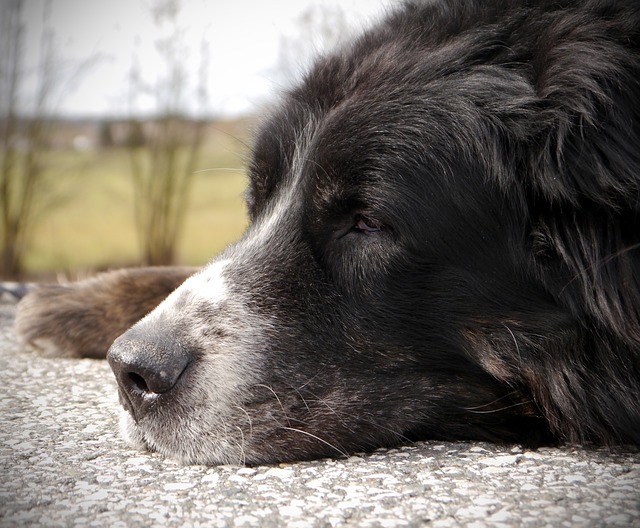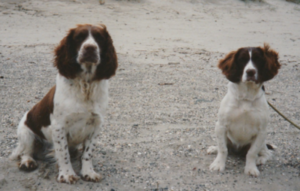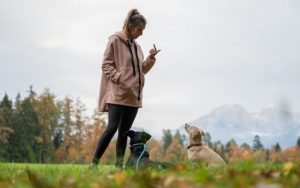If you’re a dog owner, you know that training is an important part of having a pet.
But what if you didn’t start training your dog when he was a puppy? Is it ever too late to start?
The answer is no – it’s never too late to start training your dog. In fact, even older dogs can learn new tricks. So don’t worry if you didn’t train your pup when he was a puppy – there’s still time to teach him the basics and help him become a well-behaved member of the family.
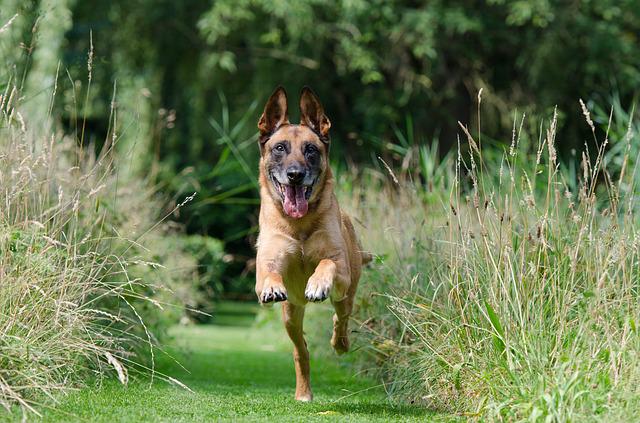
It’s never too late to start training a dog, but the earlier you start, the better.
Training a dog is an important part of building a strong relationship and helps ensure that your dog behaves well both inside and outside of your home.
Training will also keep your dog mentally stimulated and can help to prevent problem behaviours from developing such as boredom, anxiety, chewing and others.
Why might I need to train an older dog?
There are a number of reasons why you might need to train an older dog.
You may inherit a dog from a relative or friend or you could end up adopting a dog from a rescue centre.
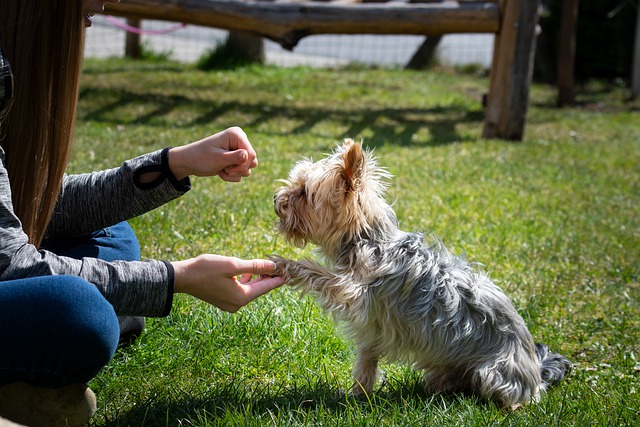
Whatever circumstances you are faced with in terms of an older dog you should embark on some form of training, even if it just covers basics such as sit, stay and come.
Should I bother training an older dog?
Older dogs can learn new tricks, but it may take a little longer for them to catch on.
That’s because they have less energy and patience than younger dogs.
Older dogs also have shorter attention spans and may need more breaks during training sessions.
That doesn’t mean you shouldn’t bother training an older dog – he can still learn, it’ll just take a little more time and patience on your part.
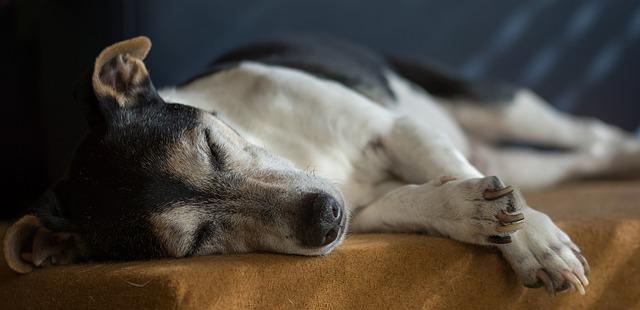
Here are a few tips to help you get started:
– Use positive reinforcement: Dogs respond well to rewards, so offer him a treat or verbal praise when he does something right.
– Keep training sessions short: 10-15 minutes is usually enough for an older dog.
– Be consistent: Training won’t be effective if you only do it once in a while. Try to make training a part of your daily routine.
– Have patience: Older dogs learn at a slower pace, so don’t get discouraged if he doesn’t catch on right away. Just keep at it and he’ll eventually get the hang of it.
Training an older dog may take a little more time and patience, but it’s definitely worth it.
What sort of training can I do with an older dog?
When training an older dog you will need to consider his fitness levels and overall health.
There are always some exercises that an older dog can enjoy and benefit from but it is important that you make allowances and avoid anything that may be too strenuous for him to enjoy.
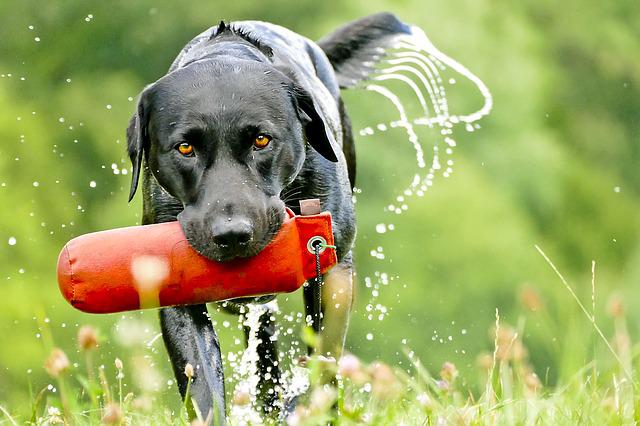
As an example older dogs can learn basic obedience commands such as sit, stay, come, down and heel and will often enjoy activities such as retrieving and searching games where they use their sense of smell.
Things to consider when training an older dog
Remember that an older dog may have learned bad habits and that some of these may conflict with your training.
Dogs do not understand right from wrong and an older dog is more likely to struggle with some aspects of training, because he has learned other ‘bad’ things.
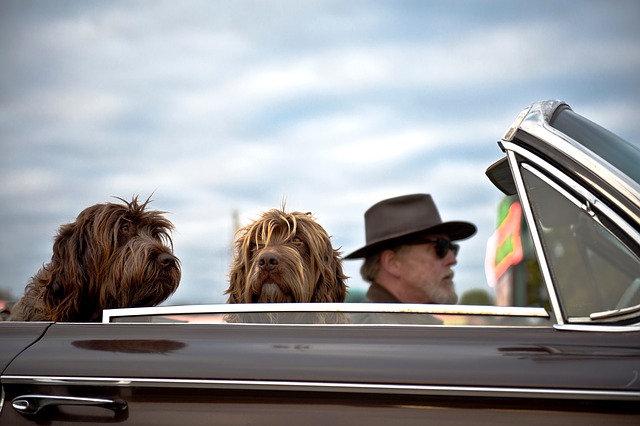
So, as the human, you have to make allowances and help your dog to ‘learn the correct way’.
Keep the training sessions short and sweet so that your dog doesn’t get bored or tired and always end on a positive note, doing something that the dog enjoys and can do well.
Can you house train an older dog?
Yes, and you should adopt the same approach that you would if you were house training a puppy.
You can read how to do this here but, in short:
Take your dog out when he wakes up
Let him out after meals
If he starts to circle and sniff around – let him out
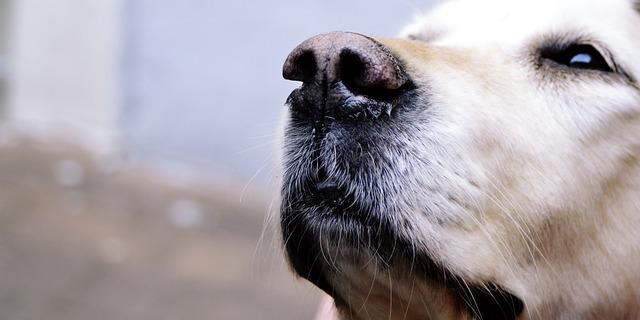
Do not use a crate, cage or other form of dog prison for ‘house training’ he will learn nothing and you’ll create more problems than you solve.
Final words
Training an older dog can take a little more time and patience, but it’s definitely worth it.
Remember to take things slowly, keep training sessions short and consistent, and use positive reinforcement.
With a little bit of effort, you’ll be surprised at how much your older dog can learn.

